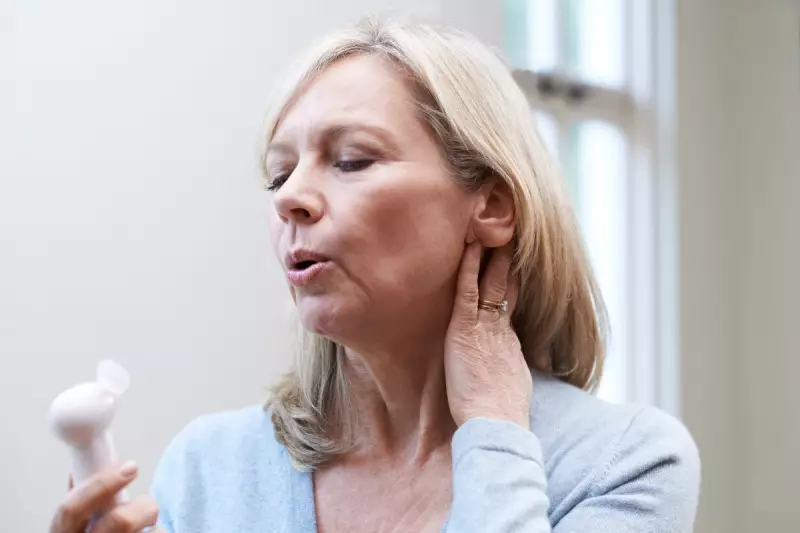
A revolutionary study has uncovered a critical gap in women's healthcare, revealing that autistic women may experience menopause significantly differently than neurotypical women, often with more severe and complex symptoms that frequently go unrecognised by medical professionals.
The Hidden Struggle: Autism and Menopause Convergence
Research conducted by the University of College London indicates that women on the autism spectrum report notably worse experiences during perimenopause and menopause. The study suggests that existing diagnostic tools and support systems, already criticised for their inadequacy, may be particularly ill-equipped to help this demographic.
Key Findings: A Compounded Challenge
The investigation uncovered several critical patterns:
- Heightened sensory issues: Many autistic women reported intensified sensitivity to heat, touch, and sound during hot flushes
- Executive function deterioration: Menopause-related brain fog significantly exacerbated existing executive function challenges
- Mental health impacts: Increased anxiety and depression symptoms were commonly reported
- Social isolation: Many women withdrew further from social situations due to compounded symptoms
Healthcare System Shortcomings
Perhaps most alarmingly, the research highlights how healthcare providers often miss menopause symptoms in autistic women entirely. Many participants reported that their concerns were dismissed or misattributed to their autism rather than being recognised as menopause-related.
Dr. Rebecca Moore, a consultant psychiatrist specialising in women's mental health, notes: "We're failing autistic women at a critical life stage. The intersection of autism and menopause creates unique challenges that our current medical framework simply doesn't address."
Call for Specialised Support
The study authors are urging healthcare providers to develop menopause support specifically tailored to neurodiverse women. They recommend:
- Specialised training for GPs on recognising menopause in autistic patients
- Adapted cognitive behavioural therapy programmes
- Peer support groups specifically for neurodiverse women
- Improved diagnostic criteria that account for neurodiversity
This research represents a crucial step toward understanding how menopause affects diverse populations and highlights the urgent need for more inclusive women's healthcare practices across the UK.





